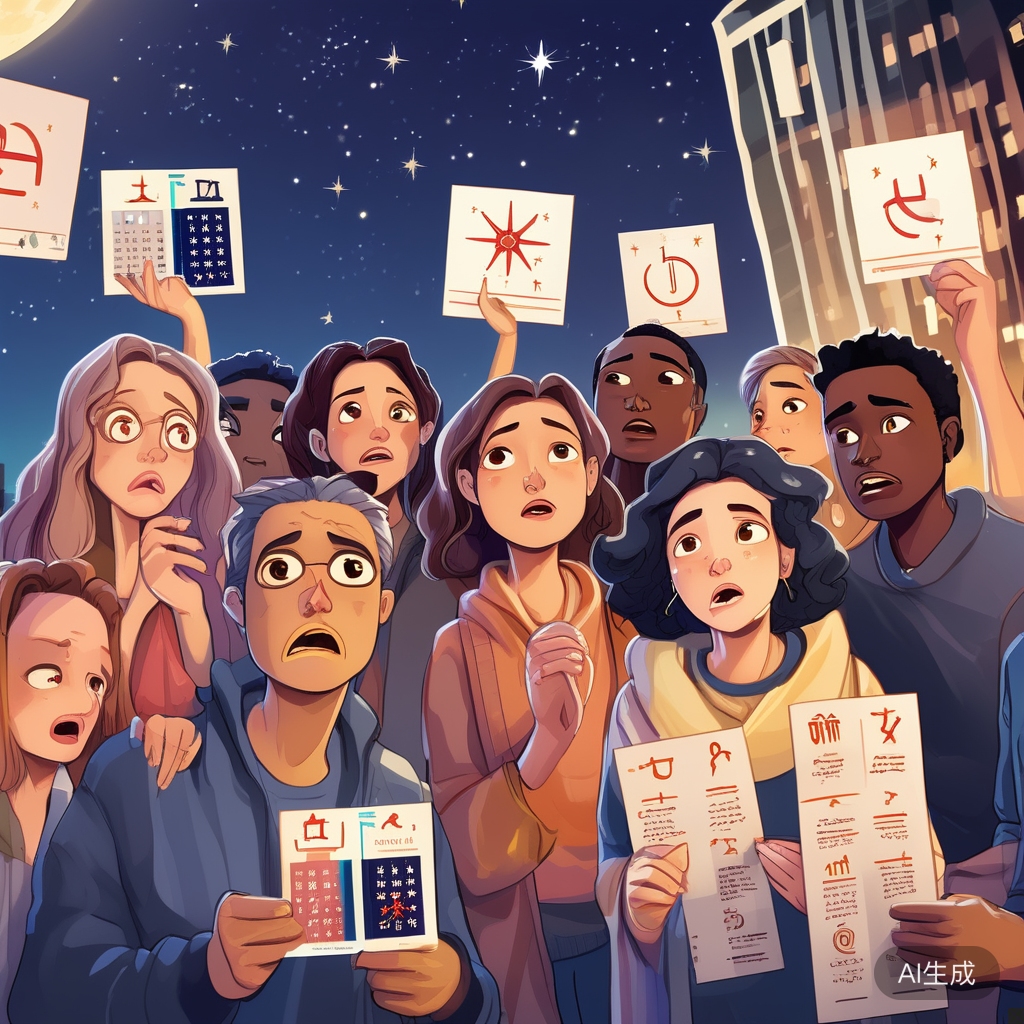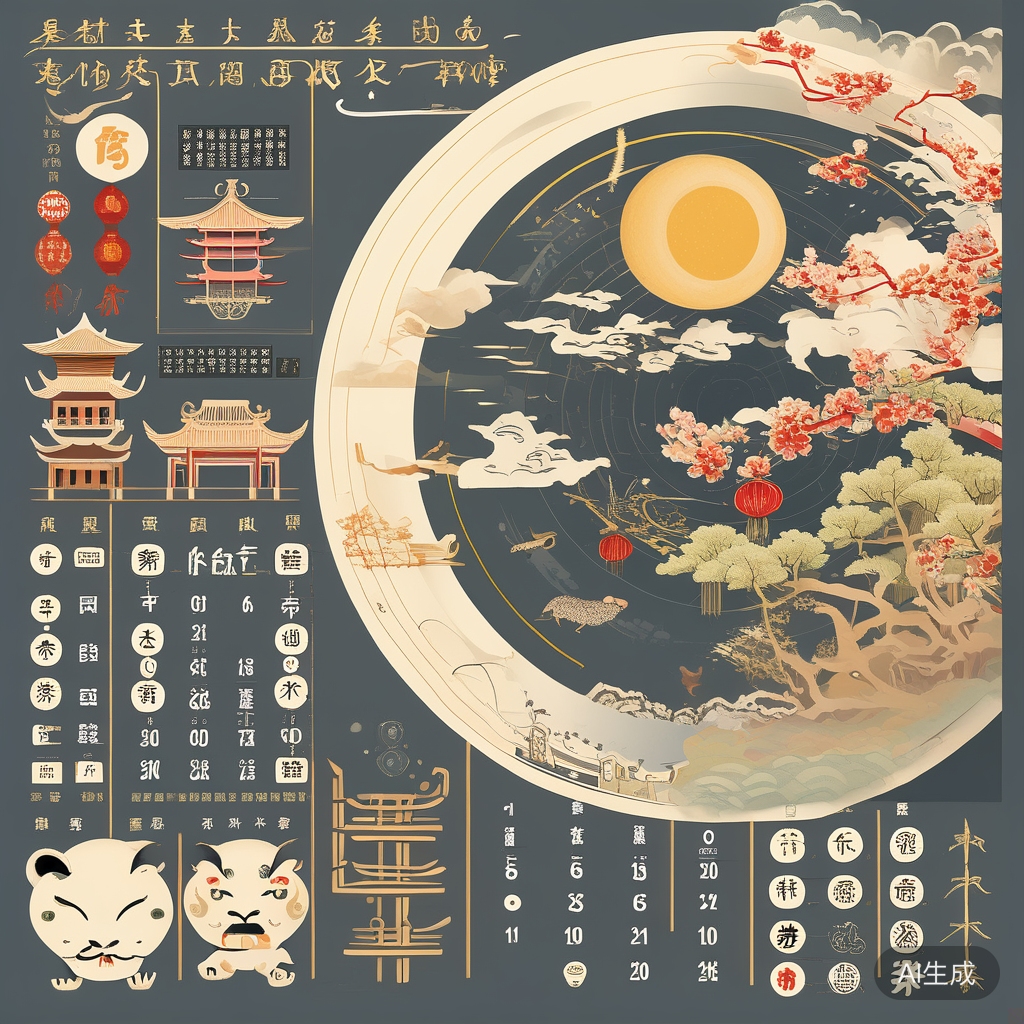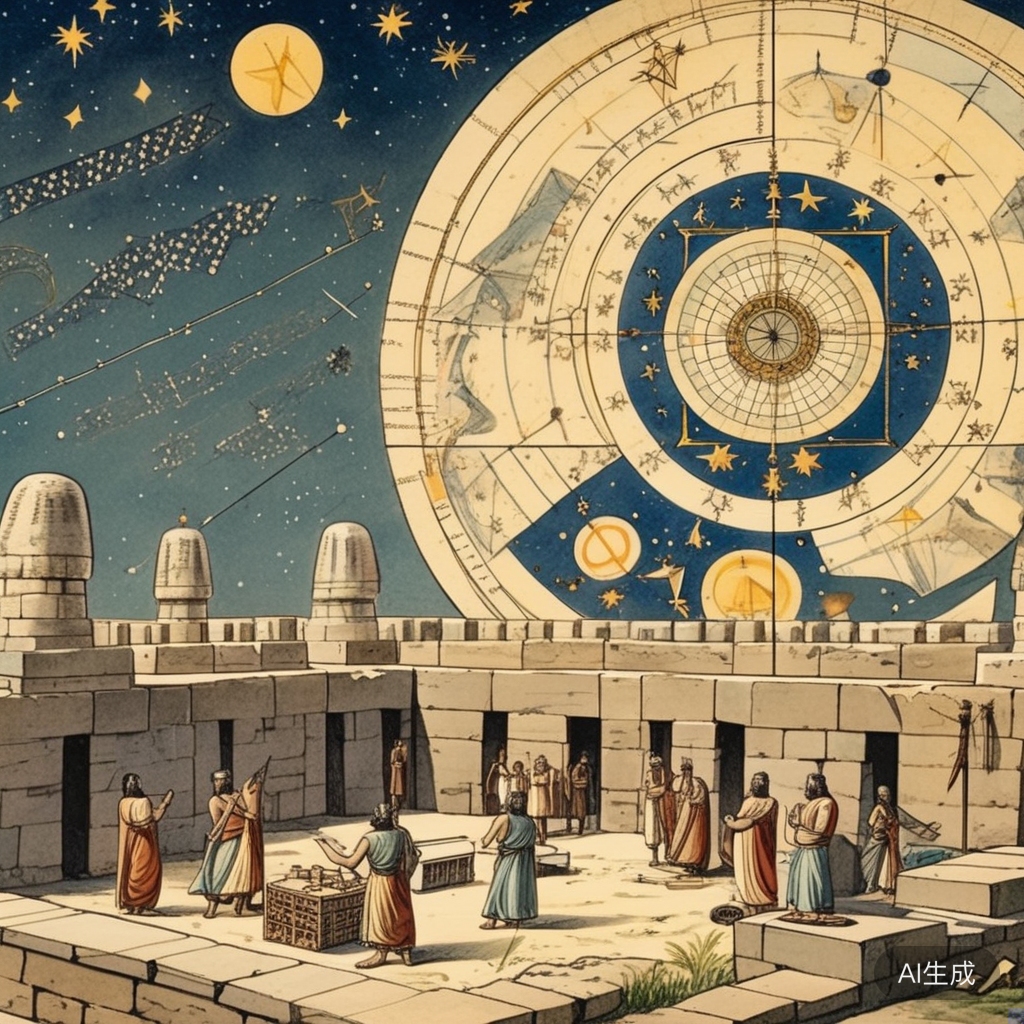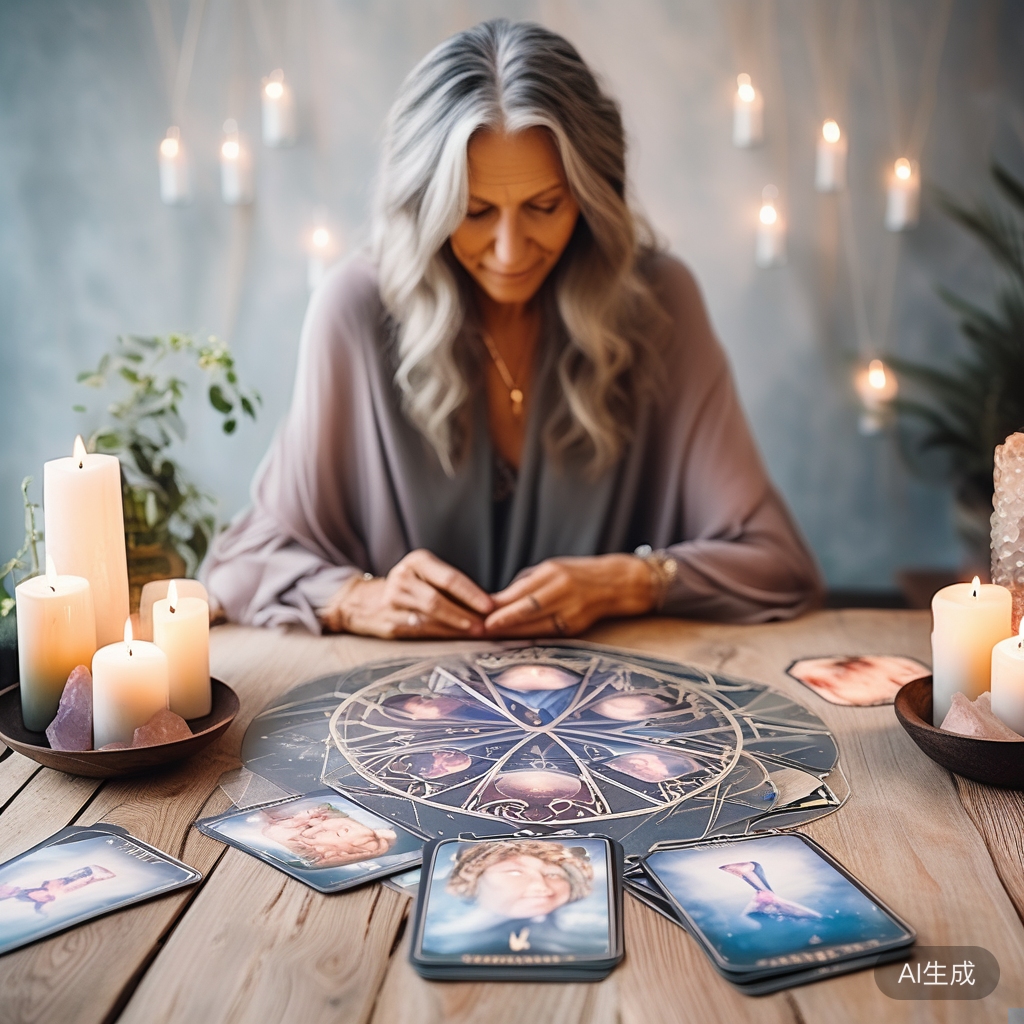Hey there, fellow stargazers! You know, it’s not uncommon for newcomers to theconstellation scene—or even those not super deep into it—to scratch their heads over the date thing. Specifically, when you’re itching to look up your sign, you might be wondering whether to go by the lunar calendar or the solar one. Well, today, let’s dive into the nitty-gritty of whether we should be checking our horoscopes by the lunar or solar calendar. I’m pretty sure there are heaps of you out there dying to know more, right?

Now, let’s backtrack a bit. The zodiac sign dates are all based on the solar calendar. That’s right, the same one that matches your birth date on your ID. If your ID date is off, you’d use the actual solar date of your birth.
So, what’s this lunar calendar business? It’s a traditional Chinese calendar that’s keyed into the sun’s journey through the sky, with the moon’s phases thrown in for good measure. It’s called "lunar" because it’s aligned with the agricultural cycle, which is different from the solar calendar we’ve adopted since the Republic era.

Now, what about the solar calendar? Also known as the sun calendar, it’s based on Earth’s orbit around the sun. The solar year is roughly the same as the tropical year, with 12 months that don’t actually correspond to the lunar cycle. The solar calendar’s months and dates are spot-on with the sun’s position on the ecliptic, making it easy to spot the seasons’ shifts. But you won’t see the moon’s phases in each month.
The globally used Gregorian calendar is a solar one, with 365 days in a regular year or 366 in a leap year. We leap every four years, skip a century, and then leap again in the fourth century, making for 97 leap years in 400 years. It’s a hair off from the tropical year by just 26 seconds, which adds up to a day every 3300 years or so.
Let’s clear up some terminological confusion while we’re at it. In daily life, we throw around "Gregorian," "solar," "lunar," and "lunar" calendars like they’re going out of style. But here’s the deal: the solar calendar is essentially the Gregorian calendar, a universally accepted way to keep time based on the sun’s annual cycle—365 days for a common year, 366 for a leap year.
Now, onto the zodiac. It’s easy to mix it up with Chinese zodiac signs, but they’re apples and oranges. The zodiac signs are all about the sun’s position on the day you were born, making it your "sun sign." Meanwhile, zodiac signs are all about Western mysticism, so we should use the solar calendar, not the lunar one. It’s like comparing Chinese fortune tellers to Western astrologers—two different traditions, two different systems.
I mean, it doesn’t have to be rocket science. Just like our Chinese fortune tellers who use the lunar calendar because it’s our heritage, the zodiac is a Western thing, so we should stick to the solar date. It’s your actual birth date, not the lunar one, that should dictate your sign.
Sure, we’ve got elements like water, fire, earth, and wind shaping the universe, and each zodiac sign has its unique traits. If you’re into checking your horoscope, you’ll know it’s all about the sun. But guess what? It’s also about the moon, which brings us back to the whole ecliptic thing. So, let’s not sweat the small stuff about whether it’s the lunar or solar calendar.
Let’s take a trip back in time, too. The origins of the zodiac are rooted in ancient Babylon, one of the cradles of civilization. They divided the sky into sections they called "constellations." And since the West typically uses the solar calendar for birthdays, that’s how the zodiac is calculated.

The Babylonians spent a lot of time charting these constellations, and they came up with the ecliptic, which they divided into 12 segments, each named after a different constellation. Starting from the spring equinox, these are Aries, Taurus, Gemini, Cancer, Leo, Virgo, Libra, Scorpio, Sagittarius, Capricorn, Aquarius, and Pisces.
Your sign is determined by your birth time, essentially where the sun was when it passed through these 12 signs. That’s your personal zodiac sign. And for the record, every like, every view, every little bit of engagement? I take it as a pat on the back, a sign that I’m doing something right.









